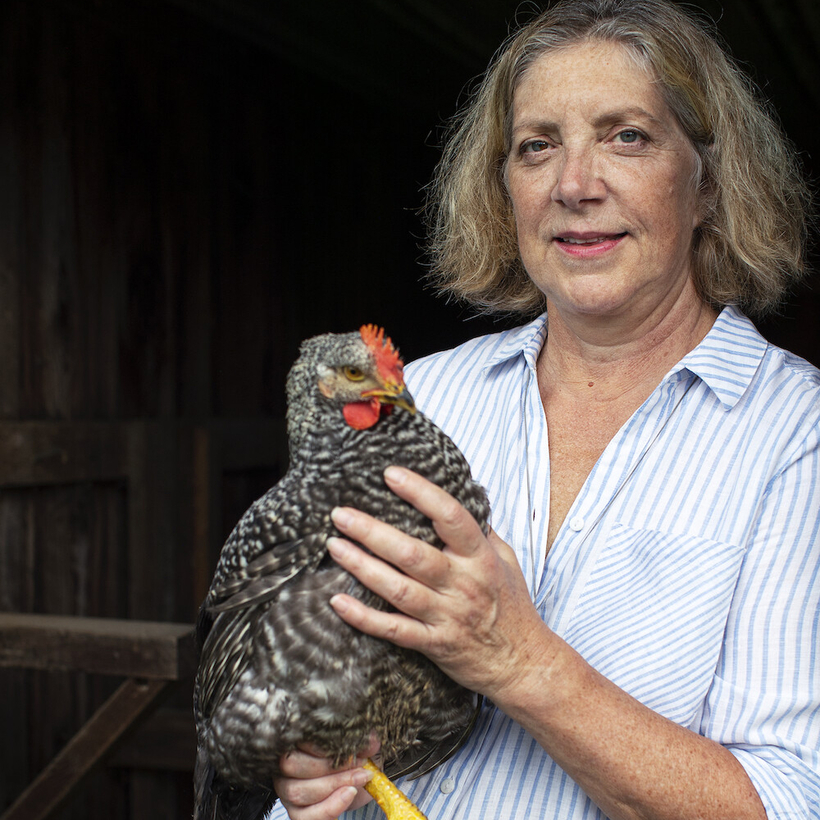Against a soundtrack of popping corks at an outdoor cocktail party on a warm early-summer evening in the French market town of Auch, D’Artagnan co-founder Ariane Daguin was explaining the identity of her native Gascony to some American friends.
“In most places, you eat to live. But in Gascony, you live to eat. We’re just mad about good food and wine,” she said proudly, her fluent English still liltingly evocative of Auch, her birthplace, after 42 years in the United States.


